They are the elephants in the living room – the rogue elephants trampling all over ecosystems and farming landscapes. They are the big corporations. They decide and veto government policies; they drive investment and vastly outspend aid agencies in much of the poor world; they increasingly control research agendas on critical issues like environmental policy, resource management and food security.
Yet too many people in the development and environment communities ignore their presence in the room. WLE is as guilty as any, I fear. Precious little work directly addresses the corporate presence. Those who want effective policies to protect smallholders and promote sustainable landscapes need to do some serious thinking about how to handle agribusiness corporations – how to lobby, influence, co-opt and hold them to account.
One interesting early step on this road was taken at a meeting of NGOs, aid professionals and others at Interlaken in Switzerland last month, which debated how to push the agenda on community land rights.
One of five strategy sessions running through the event was addressed at the private sector. It largely consisted of people from mining companies like Rio Tinto, food companies like Nestle, and banks like the International Finance Corporation, being cross-questioned by activists like Global Witness, Oxfam and its innovative web site on agribusiness, Behind The Brands.
Corporations need repackaged data
It was fascinating. A constant theme from those on the corporate side was that they were often lone voices within their companies, and that they felt poorly armed. They badly needed case studies, data and “simple effective story telling” to take to their CEOs. But few among those NGOs who knew about the problems were willing to make the case for sustainability, and being good neighbours and employers, in ways that would work with corporate bosses and their investors.
Too many pitches from NGOs sounded to CEOs like “communism or new-age stuff,” said finance analyst Lou Munden. “Corporations need to be told about the risks of ignoring land rights in terms that they understand,” he said, "because in this day and age, no land is empty." Corporations needed to know that land grabbing was folly because it seriously raised the risks of local conflict that could result in failed projects and squandered investment. Corporations, he said, may not see human rights or environmental degradation as relevant to their bottom line, “but they understand corporate risk.”
Chris Anderson, communities and social performance director for Rio Tinto in the Americas, said: “Miners have to go where the deposits are. There is a strong business imperative for us to recognise land rights and reach agreements [with communities] of mutual benefit.” Soft soap? Maybe. He admitted many of his geologists and engineers were not interested in such things.
Why do things right?
But CEOs had good reasons to take notice. Nobody wanted to get turned over by Greenpeace and others at the sharp end of activism. And ultimately, “the business case for doing things right is to secure supply chains for the future,” said Scott Poynton, director of The Forest Trust, which advises companies on how to achieve their ethical goals.
Equally interesting was the widely held view that agricultural corporations were among the most backward on these issues. The principles of free, prior and informed consent had barely penetrated their boardrooms. “Agribusiness is far behind the mining sector and others in recognising land rights,” said Megan MacInnes, campaign leader at Global Witness. Chris Jochnick of Behind the Brands said most corporate social responsibility reports by big companies buying agricultural commodities “don’t even mention land”.
Why is that? Is it because agricultural corporations are uniquely bad, or perhaps because those involved in defending smallholders and pastoralists have failed to press the case where it needs to be heard? It is two decades since environmental and social campaigners took a strategic decision to take on the mining industry through extensive engagement. I see nothing comparable even today in agriculture.
The social agenda in particular needs urgent attention. In some areas there is a real risk of that agenda being submerged by corporate responses to environmental activism. Let’s take the case of the huge food-to-soap combine Unilever which, among other things, is the world’s largest purchaser of palm oil. I recently investigated its ethical credentials for a magazine feature.
Just over a decade ago, worried about the long-term sustainability of its business -- and in particular the supply of agricultural products like palm oil -- it joined environment group WWF to establish the Roundtable on Sustainable Palm Oil. The aim was to set environmental standards for an industry with a reputation for rainforest destruction.
But Unilever has found that the round table’s loose certification system cannot eliminate deforesters from supply chains, and efforts at reform have been slow. “It’s not good enough,” Gail Klintworth, the company’s global chief sustainability officer, told me. “We want 100 per cent traceability.” Unilever needed to know exactly where all its palm oil came from.
And that turned out to be a problem. Unilever discovered that it had hundreds of thousands of smallholder farmers feeding palm oil to mills owned by other companies that in turn sold to the company. Every one of those smallholders was, it felt, a potential deforester – a potential PR time bomb.
So here we are into the world of perverse incentives. To achieve “100 per cent traceability” Unilever has decided to cut the number of smallholder farmers who supply its palm oil – by 80 per cent, according to Gavin Neath, senior vice-president for sustainability. He told a conference in London earlier this year that it was “a cull… to ensure standards”. It was not he said, that the smallholders were bad guys, but that for a large corporation they were untraceable and therefore a risk.
Klintworth admitted that the rest was “a trade-off” in which social concerns lost out to environmental ones. The result is a greater reliance on large palm oil plantations and a further turn of the land grabbing screw – all in the name of green ethics.
But where are the social ethics?
While Greenpeace has been pressing hard for the company to deliver a traceable supply chain that could demonstrate no deforestation – and by some accounts threatened to “destroy’ Dove, the company’s top soap brand, if it did not act – nobody, so far as I could establish, has been insisting that the company should stick with its smallholders.
As Poynton pointed out in Interlaken, “no deforestation” is a powerful slogan that many companies are willing to adopt. The phrase appears in board room agendas and annual reports. But as yet similar attention is rarely paid to “no exploitation” or “no land grabbing”. Somehow the voices demanding these things do not get heard in the places where it matters.




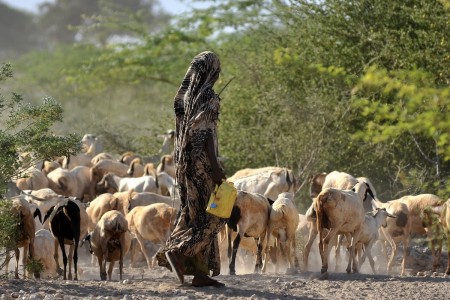

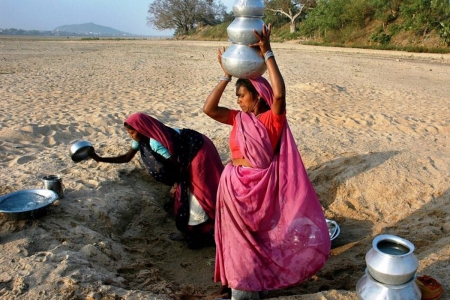

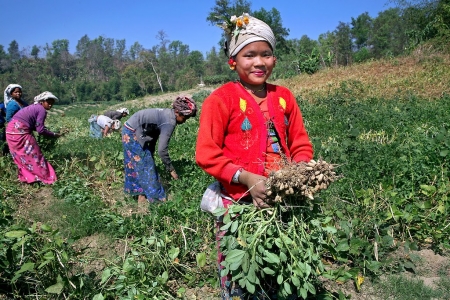



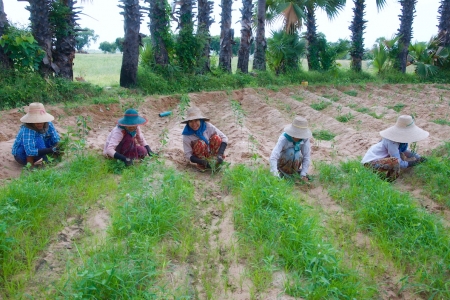
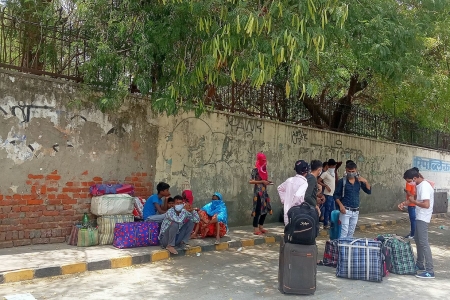




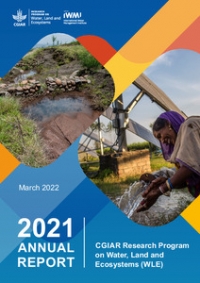
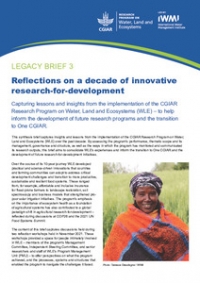
Comments
An insightful post. It is the first time really I read about the problem of traceability vs smallholders. I can easily believe that some INGOs push for the former and ignore the latter. Nevertheless, the future may not ask us to choose between the two.
I think multinational corporations have enough resources to push traceability to the remotest places with a smart strategy that would make use of 'ICTs'. Even with suppliers along the chain. You say the corporations have the power to influence national policy making: they can surely influence suppliers, goverments at all levels to do more (as they, the corps, should too) to help smallholders understand traceability, master a number of simple yet custom made 'ICT-based' tools, and gather the mandatory data needed for certification.
'ICTs', a somewhat vague narrative it's true, can provide smart solutions that push traceability up to small-scale plantations. Now we need inventive minds to build such traceability systems.
This coincides with my own observation as well as a number of studies. Many of the so called sustainability schemes are not really working in favour of small farmers. They are basically discrimated by all certification schemes, and this is even the case in Europe. GlogalGAP and the rest are there to cover the back of agri-business and make consumers feeling safe and good.
"To achieve “100 per cent traceability” Unilever has decided to cut the number of smallholder farmers who supply its palm oil – by 80 per cent, according to Gavin Neath, senior vice-president for sustainability."
Gavin, feel free to call me so I can explain how wrong this is.
Small ag traceability is cheap and effective. Big ag traceability is irrelevant. Small producers should not be selling to Unilever for soap, they should be making soap.
It is standard corporate response to take a criticism and study how they can leverage the criticism into more power and profits. Strategy: never criticize big business. When Shell Oil becomes a "green certified" company you lost, you did not win.
Asking bigbiz to do the right thing is to ask a wolf pack "what's for dinner?"